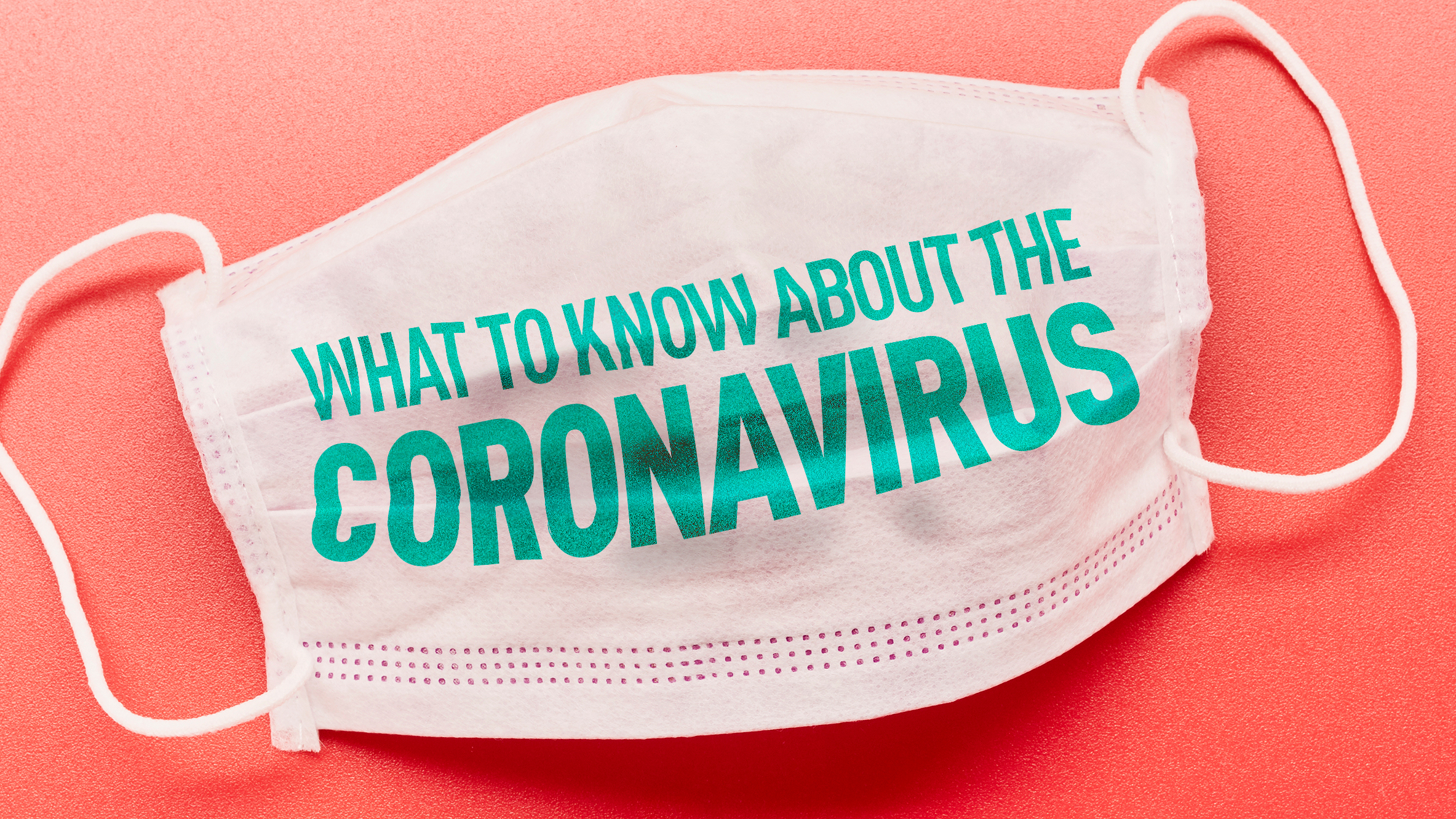Spring weather means more than just a long-awaited hint of warmth in the Chicago area. For many, it also marks the start of seasonal allergies.
But as allergy season collides with a global coronavirus pandemic, worry and confusion join the list of symptoms brought on by pollen.
For millions of seasonal allergy sufferers, the annual onset of watery eyes and scratchy throats is bumping up against the spread of a new virus that produces its own constellation of respiratory symptoms. Forecasters are predicting a brutal spring allergy season for swaths of the U.S. at the same time that COVID-19 cases are rising dramatically.
Feeling out of the loop? We'll catch you up on the Chicago news you need to know. Sign up for the weekly Chicago Catch-Up newsletter here.
That's leading many to question: are these just allergies or could they be something more?
“Everyone is sort of analyzing every sneeze and cough right now,” said Kathy Przywara, who manages an online community of allergy sufferers for the Asthma and Allergy Foundation of America.
In Illinois, where more than 12,200 cases have been reported in over 70 counties, spring allergies were top of mind for many Tuesday as temperatures in the Chicago area rose to levels not seen in 189 days. Chicago and Cook County have reported the most confirmed coronavirus cases in the state so far, with some surrounding suburbs also seeing large spikes.
With the warm temperatures this week came a moderate to high concentration of tree pollen and some mold, according to the American Academy of Allergy Asthma & Immunology - enough to make some allergy sufferers take notice.
Many garden-variety hay fever sufferers, of whom there are about 19 million adults in the U.S., are also on heightened alert.
They’re taking their temperatures each day, just in case. They’re hiding their sneezes and sniffles from suspicious colleagues and grossed-out grocery shoppers.
So how can you tell the difference?
Start with the symptoms.
Seasonal allergies can often bring with them a cough and runny nose - both of which can be associated with some coronavirus cases - but they also bring itchy or watery eyes and sneezing, symptoms that are uncommon in coronavirus patients.
Meanwhile, symptoms like fever, difficulty breathing and fatigue are common in the coronavirus, but not as much with seasonal allergies. Some patients may also experience aches and pains, a sore throat and diarrhea, according to the World Health Organization.
In additional to the common symptoms, some coronavirus patients have also reported a loss of smell and taste.
For most people, the new coronavirus causes mild or moderate symptoms that clear up in a couple weeks. Older adults and people with existing health problems are at higher risk of more severe illness, including pneumonia and death.
According to the Centers for Disease Control and Prevention, anyone experiencing emergency warning signs should seek medical care immediately. Those include, but are not limited to:
- Trouble breathing
- Persistent pain or pressure in the chest
- New confusion or inability to arouse
- Bluish lips or face



